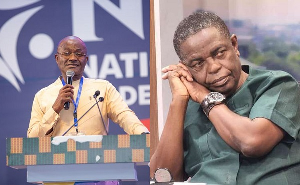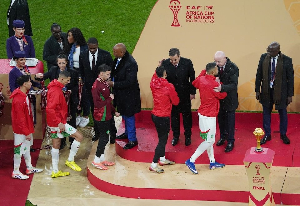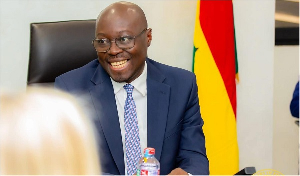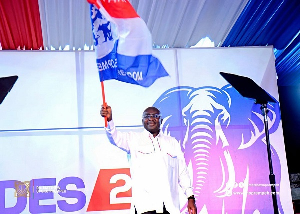Crusty, old white European men direct most African teams.
By Christopher Clarey THE NEW YORK TIMES
CAPE TOWN — This is supposed to be Africa's World Cup, but Africa's teams, nearly all on the verge of elimination, are still not entirely Africa's teams.
Not with Sven-Goran Eriksson, the Swede who spawned a thousand tabloid headlines in England, coaching Ivory Coast despite not speaking French or any of the country's indigenous languages.
Not with Lars Lagerback, another late recruit from Sweden, coaching Nigeria. Not with the French former star Paul Le Guen coaching Cameroon, and not with Carlos Alberto Parreira, the classy Brazilian, back in charge of South Africa.
This is a deeply symbolic year and occasion, one that was supposed to underscore the possibilities of Africa and its present-day qualities. How inconvenient, then, that of the six African teams in the tournament, only Algeria is coached by one of its own: the 64-year-old Rabah Saadane.
For the other five African teams, it looks very much like a missed opportunity, and the situation, although more nuanced than it first appears and hardly new, remains a wellspring of continental angst.
"Let me put it this way," said Simaata Simaata, general secretary of the Zambia Football Coaches Association. "It's like saying David Livingstone discovered the Victoria Falls. No, David Livingstone was the first European to see the Victoria Falls. There were already local people who knew where the mighty wonder of the world existed, and they were the local scouts who knew the terrain. That's the way we view the contribution of foreign coaches."
Foreigners continue to make an impolite habit of parachuting in. Lagerback was hired in late February to coach Nigeria, well after the Super Eagles had qualified for the World Cup finals under Shaibu Amodu, a Nigerian. Lagerback, as the coach of the Swedish national team, had already failed in his first attempt to qualify with the Swedes.
Eriksson was hired in late March. He, like Lagerback, had never coached an African side. Nor had Le Guen.
So why the enduring fascination with the foreign soccer mind? Especially when Africans harbor lingering resentment over the days when they were owned by Europeans.
"I think a lot of it has to do with the colonial history of Africa, the sort of idea that you need white supervision for black achievement," said Peter Alegi, a professor at Michigan State who has written extensively on African soccer.
"There's a desire for the Africans to reverse that.And so whenever there's a white man in charge, it's bound to create animosity, but I think one also has to think of the fact that there has been very little coaching development in Africa and sometimes the football associations select a European based on their record."
These stodgy old European coaches also have forced stylistic changes on their African teams. Normally known for their high-powered attacks and defensive defenciencies, teams like Cameroon and Ivory Coast are playing with a lot less offensive flair but still have enough defensive lapses to lose. The African sides have only won two out of the 14 matches they've played.
More stability would be helpful. In the last decade, there have been 10 changes at the top in Cameroon, and South Africa has made 20 since being readmitted to international soccer in 1992.
"Look at the result when you bring in a coach from the outside, as many teams have, and it's their local coaches who qualified the team," said Zoheir Djelloul, Algeria's assistant. "The performance on the field is often negative."
The foreign coach with the best results here so far for Africa is Milovan Rajevac, a Serb who coaches the Black Stars of Ghana and has been in place for nearly two years.
With ever more Africans making a living playing for European clubs, the idea of playing for a European coach at home is hardly a stretch. And African players, who have worked so hard against such long odds to get out of Africa, may have more innate respect for a foreign coach's expertise.
But there is also something subtler at work as Philippe Troussier, the French coach nicknamed "le Sorcier Blanc," or the White Witch Doctor, explained in Ian Hawkey's book on the history of African soccer, "Feet of the Chameleon."
"The foreign coach can be presented as a neutral man, who doesn't have a favorite tribe or region," Troussier said.
Still it seems well past time that Africa, a continent that produces so many great players, starts producing — and rewarding — more great coaches.
A pity it could not do that in time for its own World Cup.















